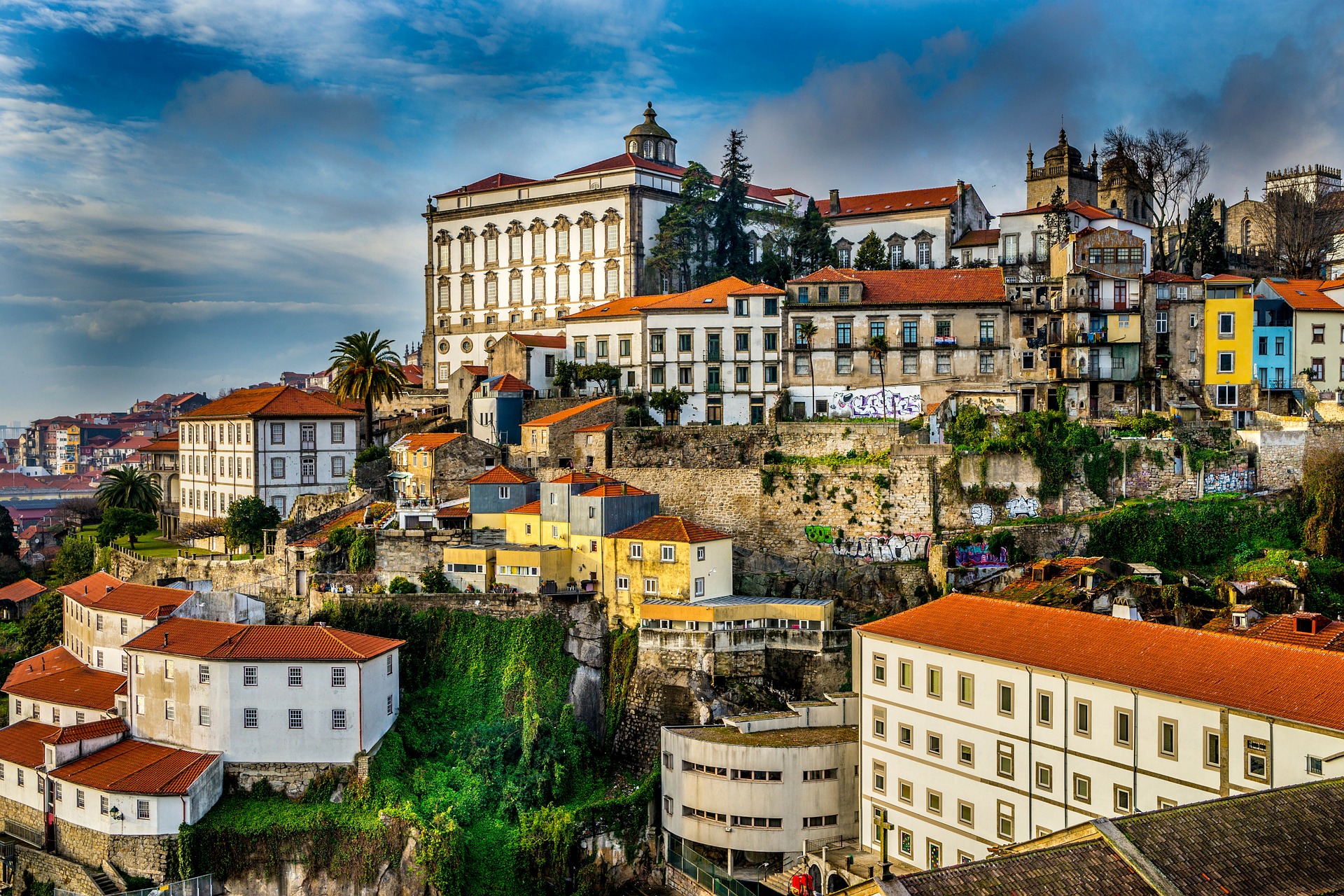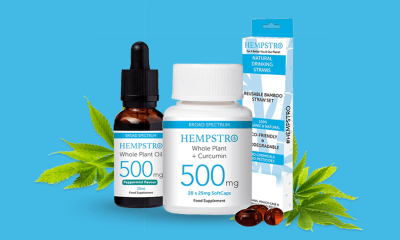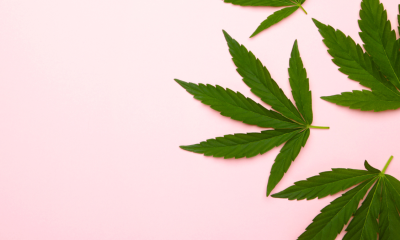Special Report: Why is CBD such a grey area in Portugal?
Liberal drug laws in Portugal are an example of how to manage wide-scale drug use. So why is CBD such a grey area?
Portugal was once facing one of the worst HIV epidemics in Europe, a high death rate and public spaces being used for injections.
So what changed?
Decriminalisation
Portugal decriminalised drug possession in 2001 following years of increasing heroin addiction and overdoses and rising HIV infection.
The country legalised personal use, which is defined as anything below 10 doses. It also introduced a methadone programme, supervised injection sites, increased treatments and narcotic testing labs.
The results were impressive. In ten years, Portugal had reduced its addiction rate from 100,000 to 50,000, with 30,000 of those in treatment.
Now, those caught in possession of a controlled substances may have to face The Commission for the Dissuasion of Drug Use. The panel that will assess if the user has a problem with substance abuse that requires treatment or drug rehabilitation or may just face a fine.
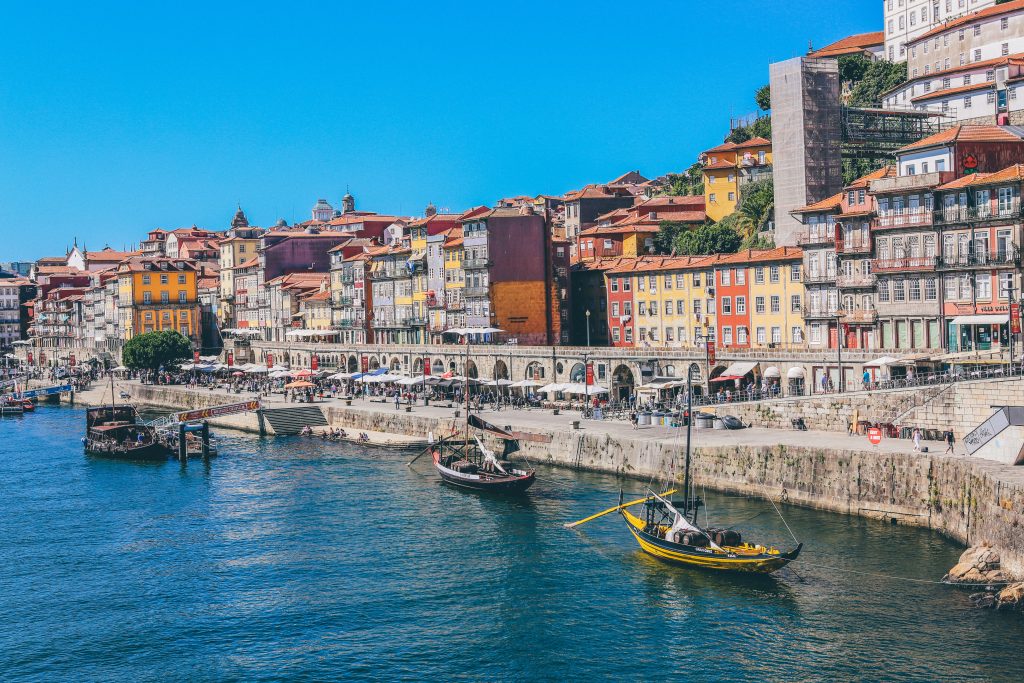
CBD in Portugal
So far, so liberal. But this raises a question: why are the laws not so clear when it comes to CBD?
Portugal legalised medical cannabis in 2018, which means cannabis products for medical conditions are only available with a doctor’s prescription.
However, European laws have made it more complex to get access to CBD.
CBD was widely available in health food shops before 2018. The EU novel food ruling declared that extracts of cannabis sativa and derived products containing CBD were novel foods as there was no history of significant consumption before 1997.
Portugal made CBD prescription only. This has caused widespread confusion and also difficulty in accessing good quality products.
Learn more about how to find your nearest medical cannabis clinic
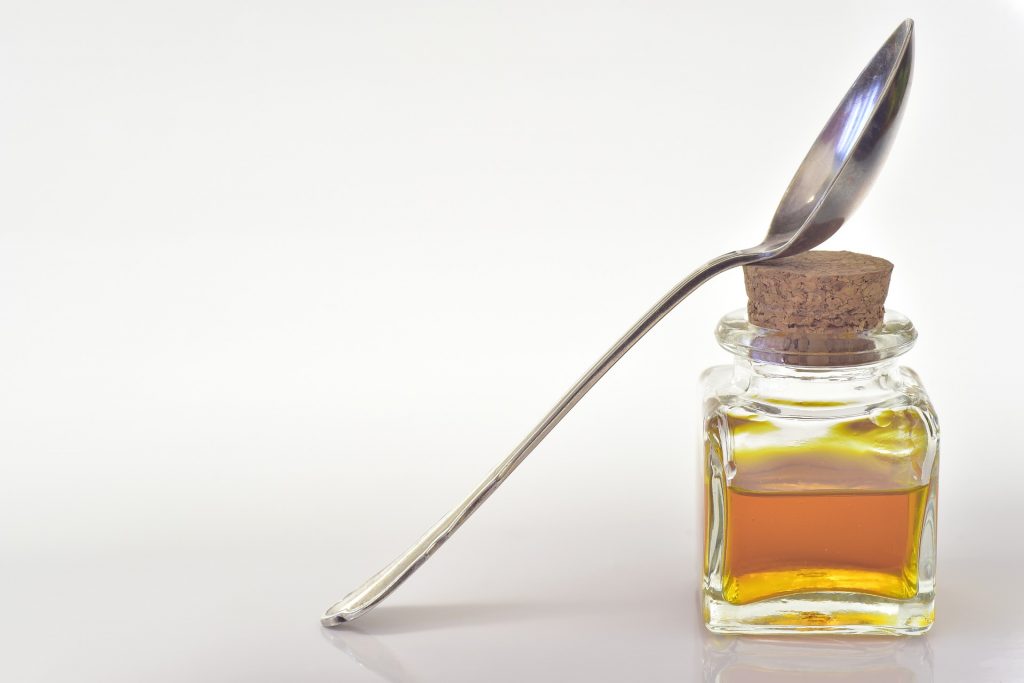
Access in Portugal
Maria* who asked to be kept anonymous, started taking CBD as a way to deal with period pain, anxiety and sleep issues. She tells us that education is the key but she worries about bad quality CBD.
“We need to teach our children and physicians about what this is so they learn how it can be used as a medicine.
“If there was better access, there could be more informational campaigns to explain how it could be beneficial.
“I worry about the quality of CBD here. A lot of people who are looking for CBD are searching for alternative medicines.”
Maria stopped taking CBD as she was concerned about the quality of the available products.
She says:
“I am not taking any CBD because all the supplements I tried weren’t very effective. I tried it for period cramps and for anxiety but also to help me sleep. It worked for the anxiety and sleep disorders but I’m not sure if this was psychosomatic.
“When I started reading up on it, I started to realise what I had wasn’t being extracted correctly. It wasn’t quite an oil, although it felt oily, it was more liquid.”
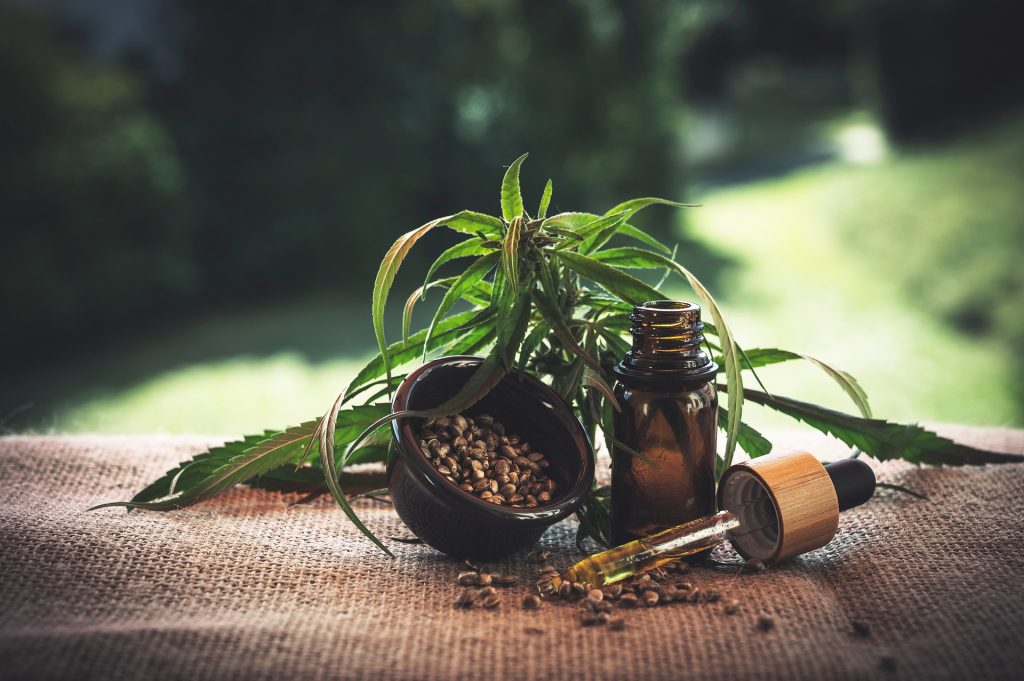
Learn how to spot a good quality CBD product
The business of Portuguese CBD
The National Authority for Medicines and Health Products (Infarmed) governs the regulation and growth of cannabis and CBD. No farms are allowed to operate without their guidelines and inspection.
Minette Coetzee, founder of CBD company, Symtomax, outlines the process of achieving this certification. The company manufactures oral CBD tabs and is aiming to be the largest distributor in Europe with their site in Porto.
“Portugal has a prominent agricultural background, with approximately 22 million farmers and agricultural workers.
“The Californian-like climate is ideal for the cultivation of outdoor cannabis and a potential market with a population of over 740 million makes for both an attractive location coupled with borderless trade within the EU, a fantastic business opportunity.”
She adds that she sees not just CBD but also CBG thriving in the coming months.
“CBD is just starting to take hold in Europe, with product availability increasing and the variety of the products expanding to include everything from cakes to makeup.
“We believe this is a great opportunity, not only for Europe but for Portugal as well, with far less competition than the USA or Canada.
“We predict that other cannabinoids such as CBG, CBN or THCV will also feature prominently in consumer product and goods in the next few years and are poised for a the eventual uses in the European Cannabis market.”
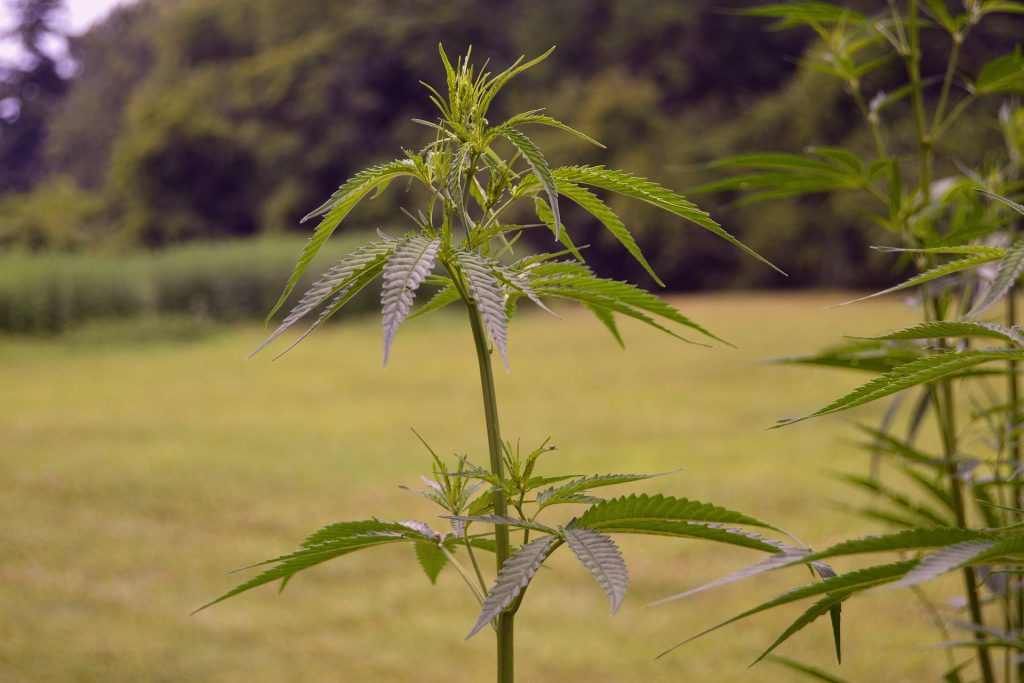
Hemp farming regulations
In August last year, Portugal’s hemp farmers gained clarification on which government agencies would look after inspecting hemp crops. It will now be regulated by four state agencies: the Agriculture and Fisheries Financing Institute, the Judiciary Police, the National Republican Guard and the Public Security Police.
The General Directorate of Food and Veterinary Affairs (DGAV) stopped inspections after the law changed in 2018, leaving farmers with no way to prove they used EU-certified seeds.


